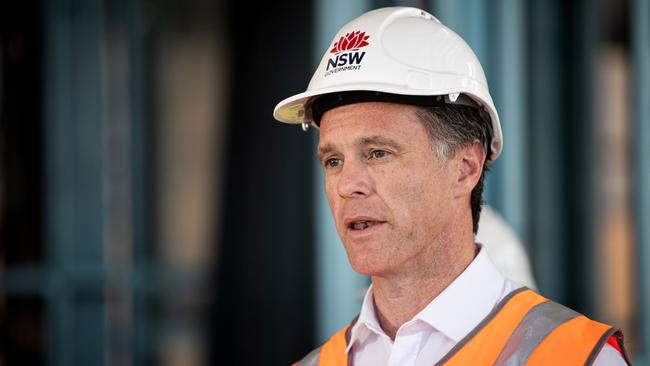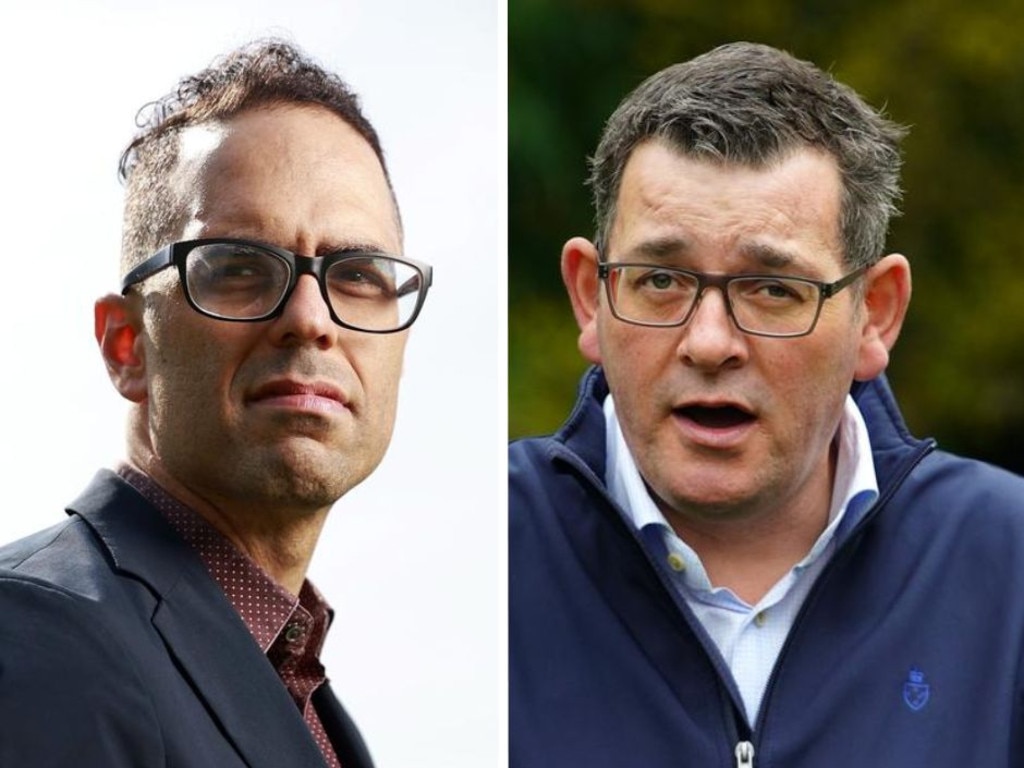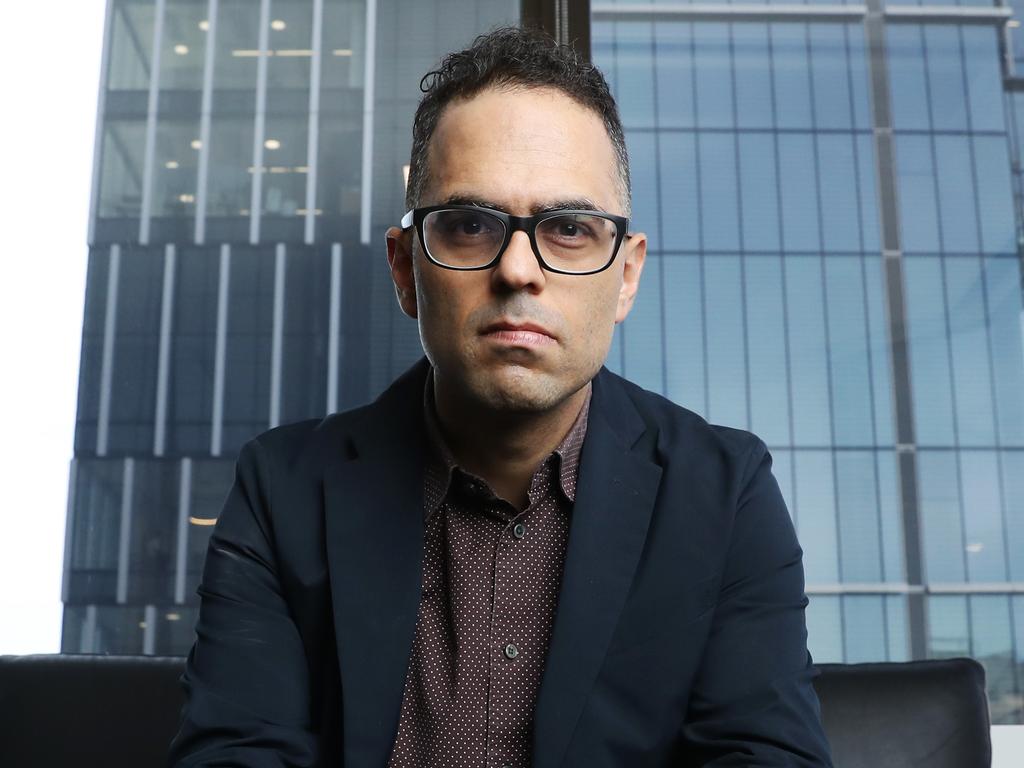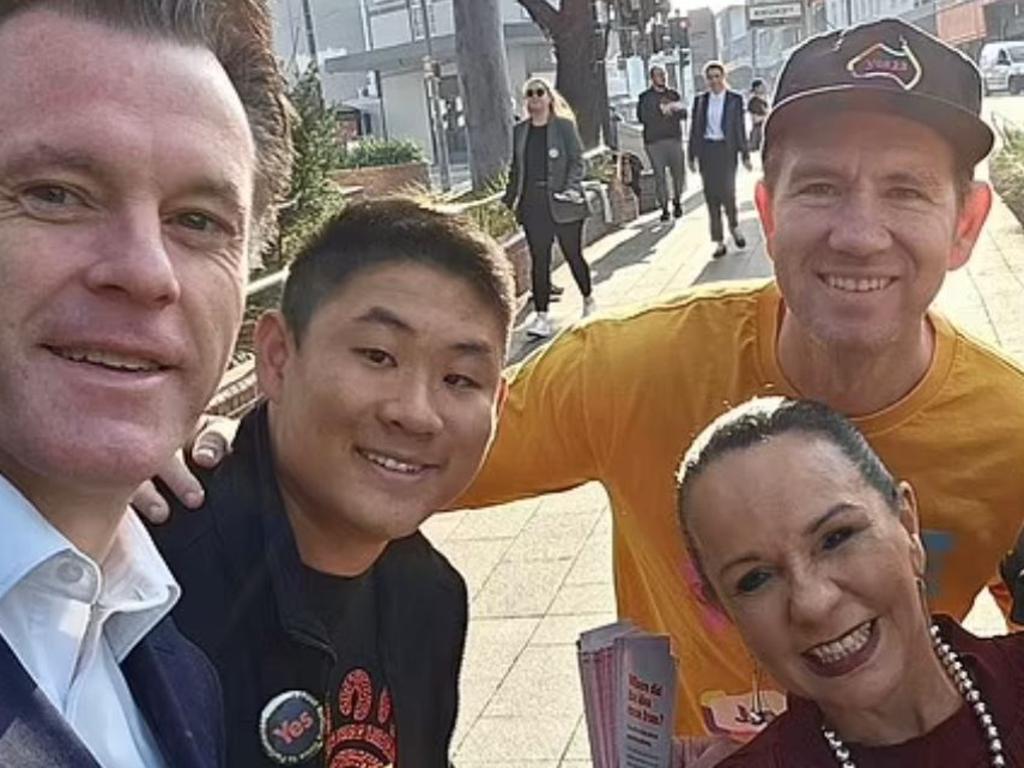
As a first budget for the newly minted Labor government, this was the time to go hard and disappoint.
Instead, it opted to offend few and please as many as possible.
Nevertheless, it still stands in stark contrast to Victoria’s high taxing budget of May and provides at least some hope Labor in NSW gets the dynamic nature of the challenges the state faces.
There are now two different political and fiscal models on display from two different Labor state governments facing very similar problems – a housing crisis, an economy in retreat and union pressure to dramatically boost public sector wages.
Neophyte NSW Treasurer Daniel Mookhey has made an attempt to demonstrate at least some fiscal discipline in his first budget. The lack of it from Victorian Treasurer Tim Pallas’s punitive tax model was a key criticism of the Andrews government model.
Not that you’d call the Minns government efforts on Tuesday overly courageous. And its usefulness is predicated on a lot going right in the economy.
In other words, that the outlook doesn’t get worse.
There isn’t a lot of wriggle room.
And while Mookhey gives the appearance of a treasurer trying to make some hard decisions to get the budget back into the black and start arresting the debt peak, there will be critics that suggest it was modest at best.
The comparison he will be keen to have made is that unlike his counterpart in Pallas, he has done it without overly defaulting to tax hikes – if you discount the lift in coal royalties. (Where Victoria found only $2bn in savings, NSW managed to find $13bn.)
Why does this matter?
While state budgets were once largely unimportant at a national level, Covid changed the equation.
The combined debt of the provincial governments is rapidly approaching that of the commonwealth’s and the spending profiles have been all pointing in the wrong direction.
Community expectations on cost-of-living relief from their provincial governments cannot be discounted collectively from the broader inflation problem – which is blind to the source of money being pumped into the economy.
How the states respond is now more important than it might once have been.
After delivering on its election commitments, which is unsurprising, the Minns government has rightly put the primary focus of the state’s responsibilities towards the housing crisis and modest cost- of-living relief.
Generous pay rises for essential workers will be hard for an opposition to argue against. Few would suggest that they don’t deserve one.
However, a structural challenge for the budget is now embedded.
Achieving all this amid the broader challenges facing the state, Mookhey has managed to balance the budget (just) while resisting the Andrews government Covid-levy method of taxing private schools, landlords and businesses.
This probably earns the Minns government a solid pass.








NSW Premier Chris Minns has handed Victoria’s Labor leader Daniel Andrews a political lesson on how to deliver a credible state budget when your economy is tanking and the debt pile is reaching unscalable heights.